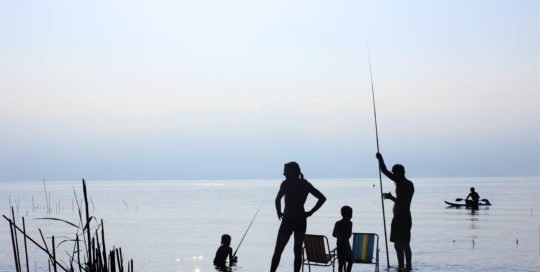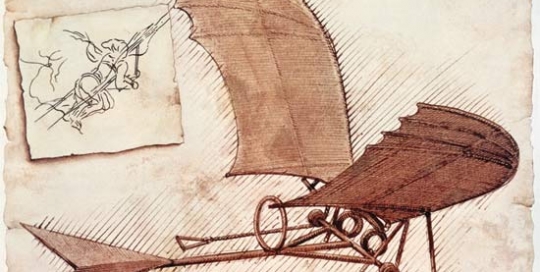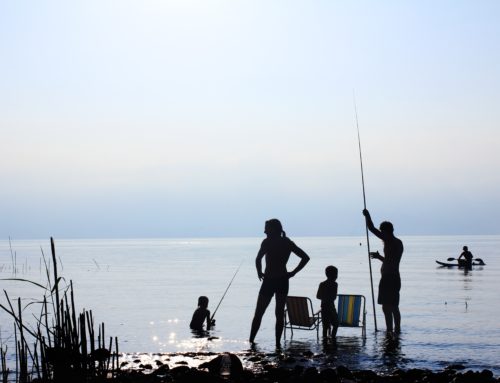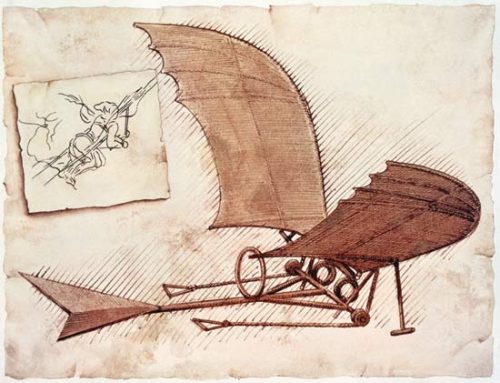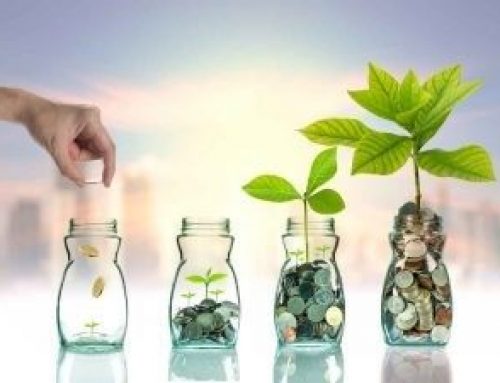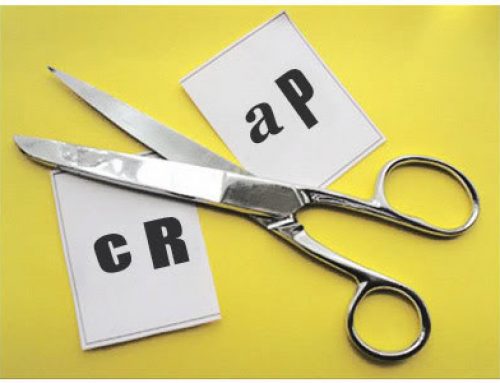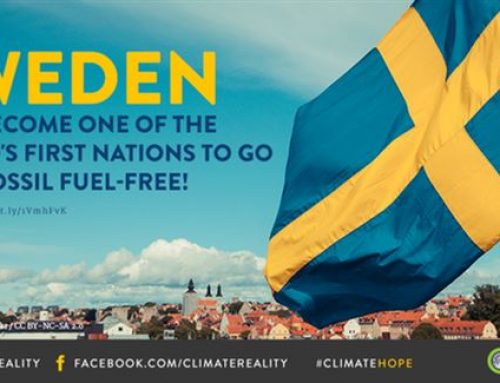Project Description
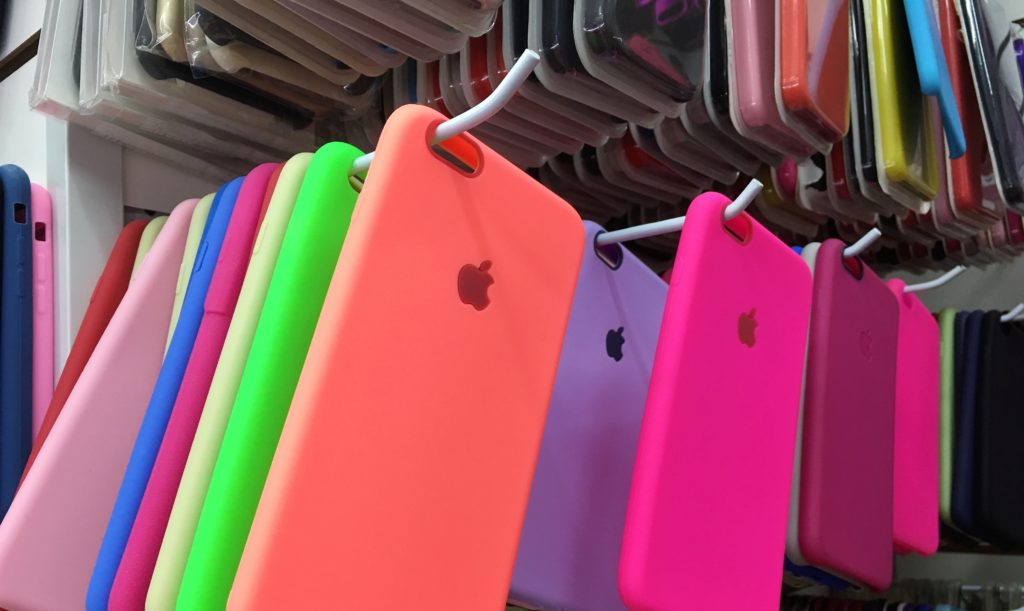
Human rights in the supply chain – Yes! We can!
Never before we have had so many discussions about how to guarantee human rights in the supply chain of so many industries as in the last two decades.
As a Brazilian, this topic is not new for me. I remember watching the news about the discovery of slavery work in the middle of the Amazon region when I was a teenager. Later, when I was at university, we heard about similar conditions on the farms where sugar cane was harvested, not far away from our campus. This was during the dictatorship period in the country. We knew that the protection of human rights was not part of the regime’s agenda. And, although the news was censored, cases like those sometimes appeared in the newspaper or on the few TV channels. They seemed to be isolated cases in a country that was struggling.
The world has changed a lot since the 80s. We have 3.2 billion more people on the planet (the global population growing from around 4.4 to 7.6 billion), more than 50% of us are officially living in cities, literacy rates have reached, impressively, 86% of all people above 15 years old, and over 3 billion people have access to the internet. Despite of all that – or maybe because of it – we know that the lack of human rights protection is still the most critical topic on our global agenda. It’s the main cause of disease, violence and despair.
But we have also learned that there is perhaps one efficient way to identify these situations and to try to tackle them: through the regional and global supply chains of companies. Through supply chains, we can even act to protect human rights if the national government where the operations happen cannot.
As consumers’ access to the news increases together with their concerns about the state of the world, companies (and their brands) are on the spot almost immediately – we are in digital times! – when bad work conditions or other human rights aspects are threatened. This is bad for companies’ and brands’ reputations. But it is very good to protect human rights.
Studies have shown that there is a strong relationship between reputation and the market value of companies (and their brands)! The graph below – from a 2015 study by Ocean Tomo – shows that, in the last few decades, the largest part of a company’s market value in any sector is intangible. Intangible value is related to a company’s reputation, intellectual assets, etc.
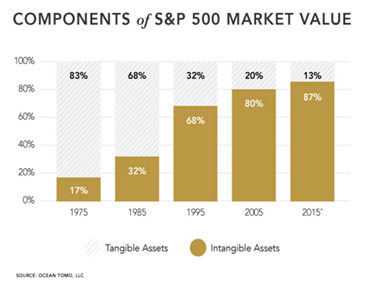
This was confirmed more recently by a much broader analysis undertaken by the Brand Finance Institute, published in June 2017.
This means that one critical way to protect the value of your company, particularly if you are part of a B2C business, is to check and act to protect human rights in your supply chain.
Ready? If you need help, let us know. We will be glad to help.
By Nelmara Arbex
P S: A more comprehensive article on disclosures and due diligence in supply chains is under preparation.
To learn more:
2011 – UN Guiding Principles on Business & Human Rights – adopted by the UN
2015 – UN Guiding Principles Reporting Framework (Shift and Mazars)
Recent OECD documents:

